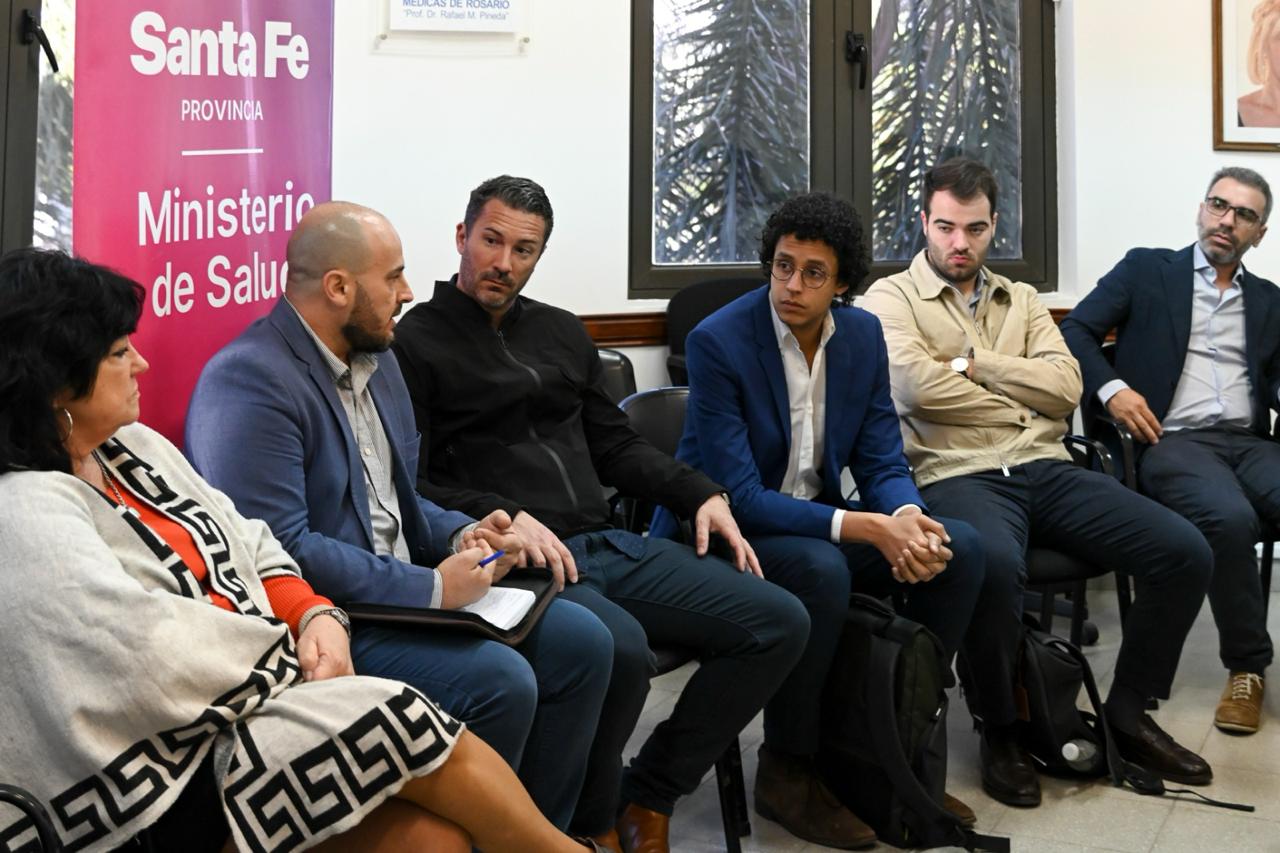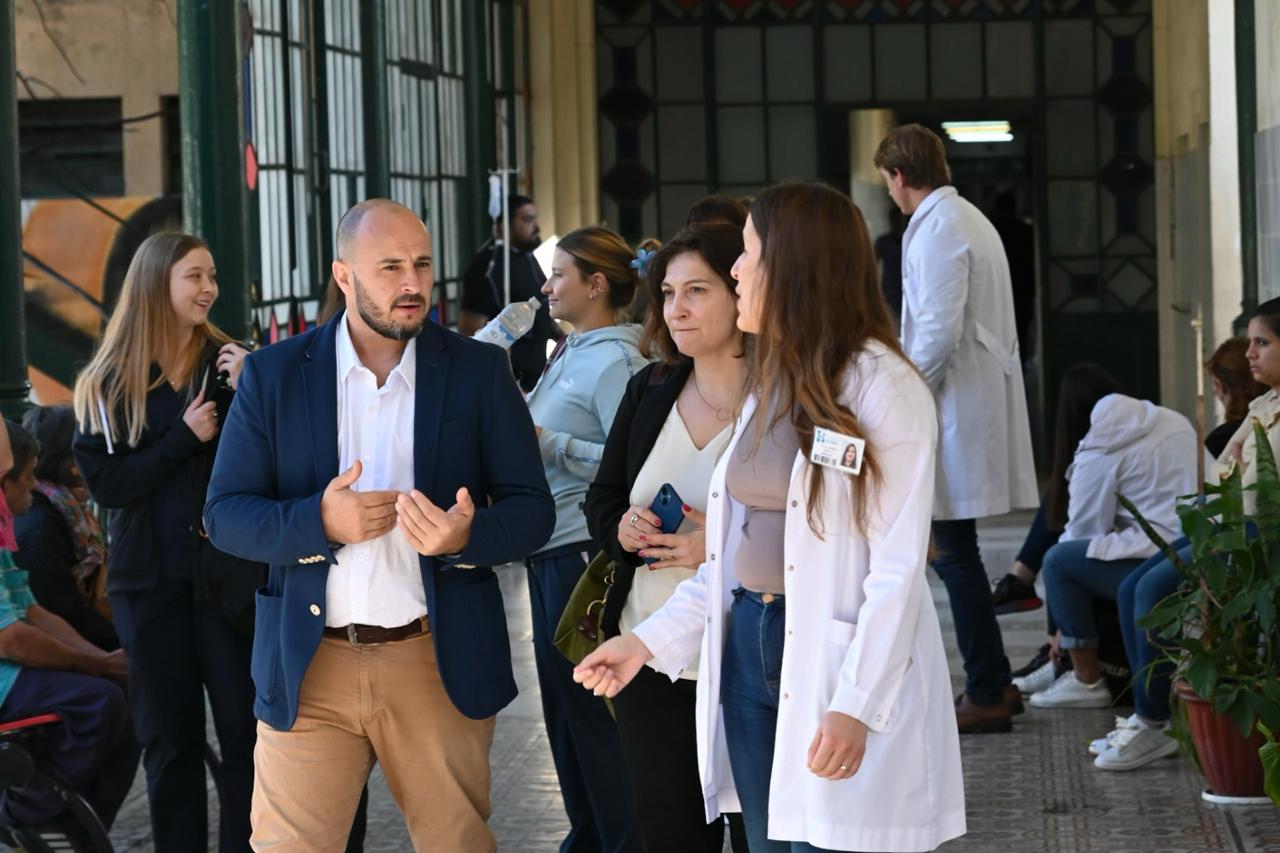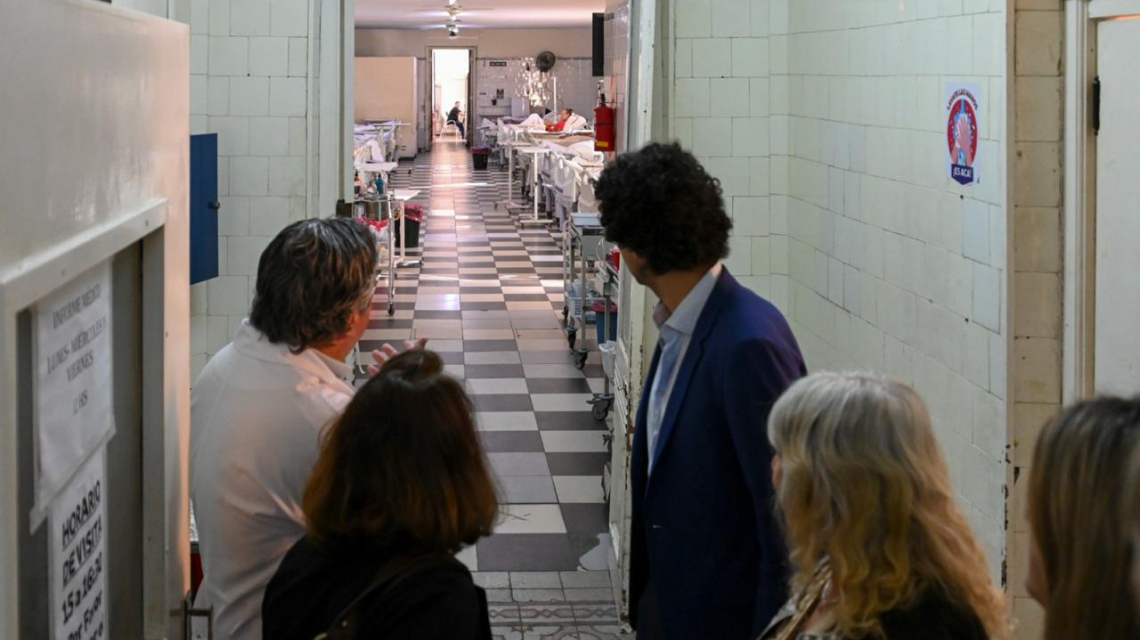The provincial government continues making progress in the implementation of renewable energy in public buildings of massive use, such as airports, hospitals and schools. In recent days, a delegation from the French Development Agency (AFD) visited the Centenario Hospital in Rosario and the José María Cullen Hospital in Santa Fe, together with authorities from the Ministries of Health, Economy and Productive Development of the Province, to evaluate the possibility of implementing energy efficiency measures and refunctionalising sectors of hospital buildings with structural works, which will reduce consumption by 40%.

César Pauloni, Secretary for Third Level Care at the Ministry of Health, said that the two hospitals were visited to establish a plan of action, within the framework of an audit carried out by the AFD, to evaluate the granting of a loan. Operating theatres "are closed, critical care areas, which, together with diagnostic imaging, have the greatest potential for consumption, mainly of electrical energy, and therefore also tend to generate the most environmental waste and greenhouse gases".
As they are closed areas, with greater power of control, "they also have greater potential to achieve the goals set by this efficiency project", said Pauloni.
The undersecretary of Renewable Energies of the Ministry of Productive Development, Cecilia Mijich, said that "this big bet that we are working on together with the French Development Agency is a clear example of what our governor Maximiliano Pullaro and our minister Gustavo Puccini have asked of us: to work to set an example from the State, to make our resources efficient and to prioritise the attention of the people of Santa Fe in terms of public health". And he anticipated that "we will work hard to have two model hospitals not only for their level of intervention but also for their responsibility when it comes to energy consumption and environmental improvement".
Planning

From this technical visit to the hospitals, Pauloni continued, "we are going to make progress on the details that are required, not only with regard to the work we need to make energy consumption more efficient, but also thinking about contingency plans, i.e. how each hospital and the health network as a whole will respond to guarantee care when the work is carried out".
In both cases, improvements must be planned in buildings that are more than 100 years old, "which require structural adaptations, replacement of openings and new air conditioning technologies," the secretary remarked. In addition, with the support of the international organisation and the savings that would be generated by the reforms in the operating theatre, it will be possible to plan specific interventions in other sectors to adapt spaces such as changing rooms and bathrooms to forms of use that respect the gender perspective, prioritised by the Agency for the granting of loans.
The meetings in Santa Fe and Rosario were attended by the PEEB Cool coordinator of the French Development Agency Paris, Silvia Puddu; the project manager in Argentina, Tomás Le Louarn; the Agency's project manager, David Tauss; the energy project manager, Gabriel Clautiuax; and Jeremy Frere-López, specialist in energy and sustainability. In addition, the director of the Economic Cooperation and External Financing Agency of the Ministry of Economy, Gonzalo Saglione, and the coordinator of Project Implementation of that area, Gabriel Rosti; the undersecretary of Health of the Third Level of the Ministry of Health, Patricia Morales; and the director of Hospital Processes, Sebastián Nicolas; together with the management teams and members of the Boards of Directors.
